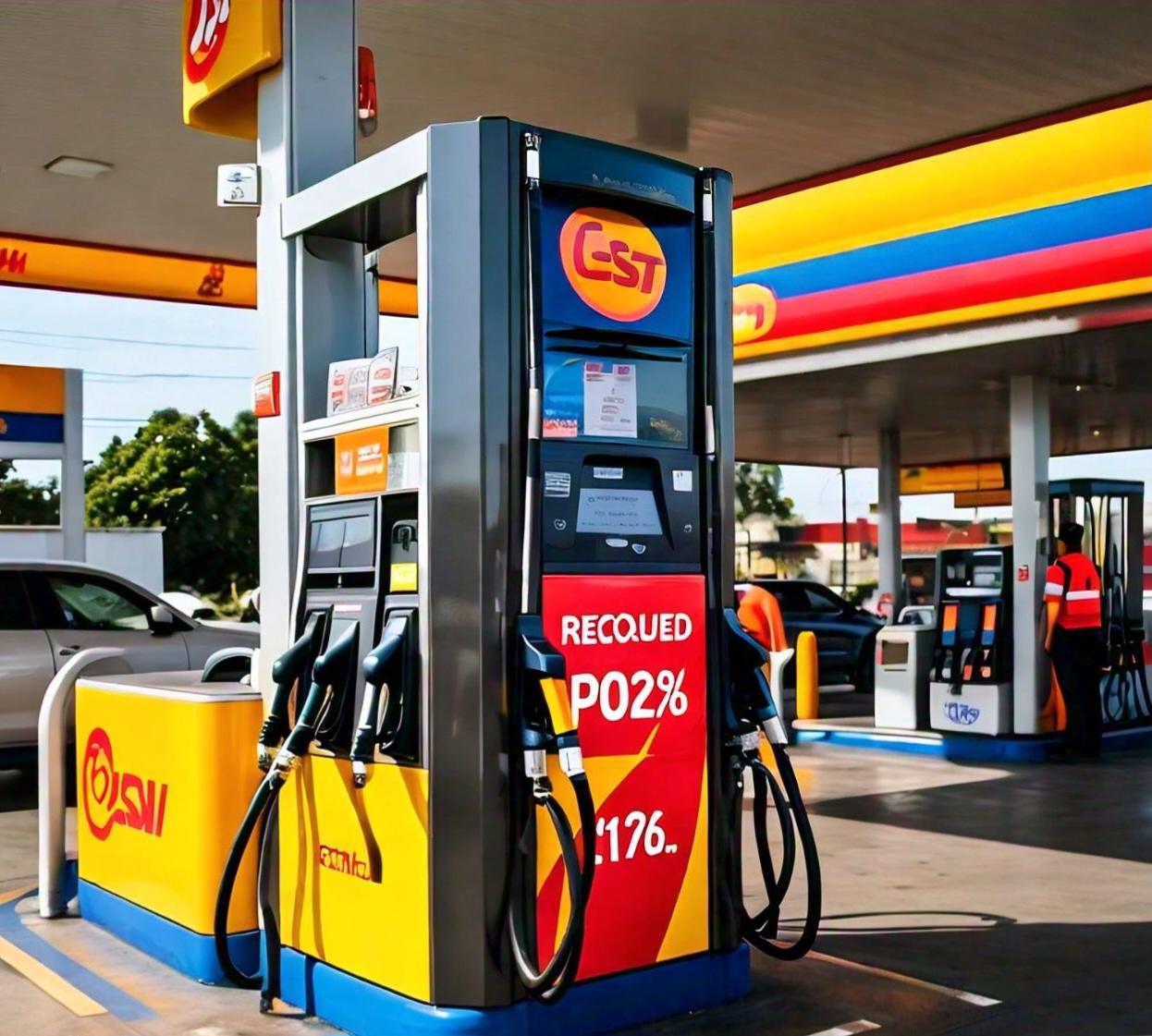
Aug 24, 2024
South Africa Should Expect a Bigger Fuel Decrease in September
By eKayzone.co.za, South Africa's Free Community Business Networking Platform
Aug 24, 2024
As South Africa approaches September, motorists and businesses across the country can anticipate a significant decrease in fuel prices, which is poised to bring much-needed relief amid ongoing economic pressures. The latest projections from the Central Energy Fund (CEF) suggest that September’s fuel price cuts may be larger than initially expected, marking a positive turn for the country’s economy.
Projected Fuel Price Reductions
According to the CEF's latest data, 95 Unleaded petrol is expected to decrease by up to 86 cents per liter, while diesel prices are projected to fall between 70 and 95 cents per liter. Should these trends hold, South Africans could see a reduction exceeding R1 per liter, potentially bringing petrol prices below the levels recorded at the start of 2024. This would reverse the volatile fuel price cycle that saw significant hikes earlier in the year.
Economic Drivers Behind the Fuel Decrease
The anticipated fuel price reduction is primarily driven by lower international oil prices and a slightly stronger South African rand. Brent Crude Oil was trading at $77 per barrel as of August 23, 2024, while the rand has appreciated to around R17.96 against the US dollar. These factors, along with global economic trends such as recession fears in the US, weak economic data from China, and easing tensions in the Middle East, have contributed to the decline in oil prices.
Expected Impact on Goods and Services
The anticipated decrease in fuel prices will have a ripple effect across various sectors of the South African economy. Consumers and businesses alike should expect price reductions in the following areas:
-
Transportation Costs: Reduced fuel prices will lower the cost of logistics and transportation, leading to cheaper fares for public transport and lower shipping costs for goods.
-
Food and Groceries: With transportation becoming less expensive, the cost of delivering food products to retail outlets is expected to decrease, potentially leading to lower prices for groceries and other essentials.
-
Manufacturing and Agriculture: Industries that rely heavily on fuel, such as manufacturing and agriculture, will benefit from reduced operational costs, which could translate into lower prices for consumer goods, including construction materials, electronics, and agricultural products.
-
Travel and Tourism: The hospitality and tourism sectors, which have been struggling with high operational costs, could see a boost as fuel price reductions make travel more affordable. This may result in lower prices for hotel stays, guest houses, and lodges across the country.
Regional Impact Across South Africa
These fuel price cuts will benefit consumers in all nine provinces, impacting the economies of major cities:
-
Gauteng: Cities like Johannesburg, Pretoria, and Benoni will see reduced costs in transportation and goods, providing financial relief for both residents and businesses.
-
KwaZulu-Natal: Durban and Pietermaritzburg are set to benefit from lower logistics costs, which will positively affect retail prices and the tourism sector.
-
Western Cape: Cape Town and Stellenbosch will experience decreased travel and transportation costs, benefiting both the local economy and tourism industry.
-
Eastern Cape: In Port Elizabeth and East London, the agricultural sector, in particular, will gain from reduced diesel prices, potentially lowering food prices in the region.
-
Free State: Lower fuel prices in Bloemfontein and surrounding areas will ease the cost of living and operational expenses for local businesses.
-
Limpopo: Polokwane and Thohoyandou will see economic benefits from reduced transportation costs, helping to stabilize prices in local markets.
-
Mpumalanga: Nelspruit and Witbank will benefit from lower fuel costs, particularly in the mining and manufacturing sectors.
-
North West: Rustenburg and Klerksdorp will experience a decrease in operating costs for industries reliant on transportation, leading to lower prices for consumers.
-
Northern Cape: Kimberley and Upington will benefit from reduced fuel expenses, crucial for this province's extensive travel and agricultural sectors.
eKayzone: Your Partner in Free Online Advertising
As South Africans prepare to capitalize on these fuel price reductions, eKayzone.co.za offers a unique platform for buying and selling goods, advertising services, and listing properties—all for free. Our AI-powered marketplace helps users create SEO-optimized adverts that attract customers quickly. Whether you're in Johannesburg, Durban, Cape Town, or any other major city, eKayzone is your trusted partner for all things free and efficient.
Conclusion
The anticipated fuel price cuts in September 2024 will bring widespread economic relief across South Africa. With decreases potentially exceeding R1 per liter, consumers and businesses can look forward to savings on transportation, goods, and services. Visit www.ekayzone.co.za today to explore our free online marketplace and take advantage of these economic trends. Visit eKayzone today and download the mobile app for your phone and start buying or selling fre
Trending Hashtags
#SouthAfricaFuelPrices #FuelSavings #ExplorePage #FreeOnlineAdvertising #eKayzoneAI #FuelPriceRelief #SouthAfrica #Gauteng #KwaZuluNatal #WesternCape #Mpumalanga #FreeState #Limpopo #NorthWest #NorthernCape